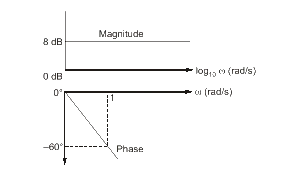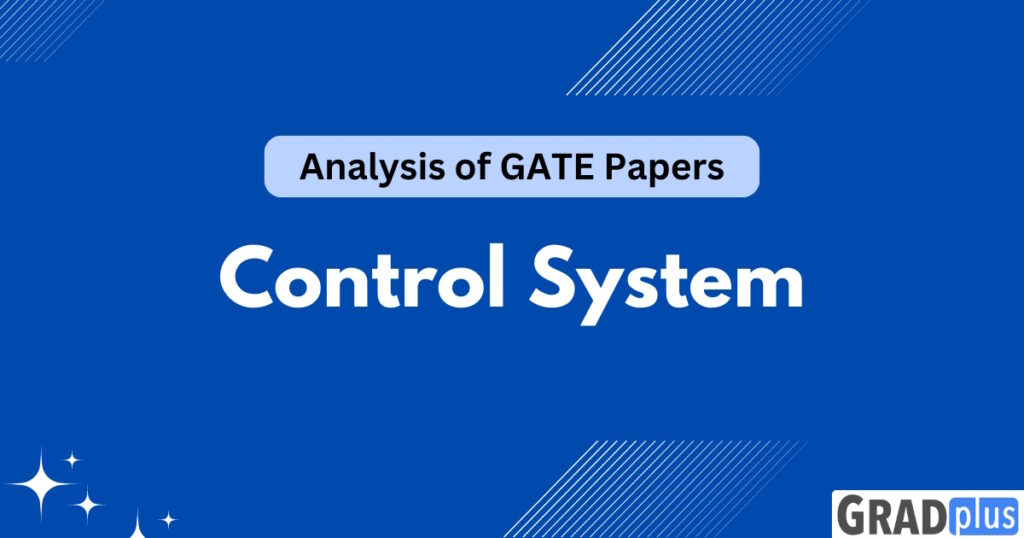Aspiring engineers who are preparing for the Graduate Aptitude Test in Engineering (GATE) understand the significance of thorough preparation and comprehensive study resources.
Through a meticulous examination of previous years’ question papers, we aim to provide you with valuable insights, key trends, and effective strategies to excel in Control Systems for your GATE exam.
GATE EE Syllabus for the Subject Control Systems
Mathematical modelling and representation of systems, Feedback principle, transfer function,
Block diagrams and Signal flow graphs, Transient and Steady‐state analysis of linear time invariant systems,
Stability analysis using Routh-Hurwitz and Nyquist criteria,
Bode plots, Root loci, Lag, Lead and Lead‐Lag compensators; P, PI and PID controllers;
State space model, Solution of state equations of LTI systems
Analysis of Previous GATE Papers for Control Systems
| Year | Percentage of Marks |
|---|---|
| 2023 | 8% |
| 2022 | 8 % |
| 2021 | 8 % |
| 2020 | 10 % |
| 2019 | 9 % |
| 2018 | 8 % |
| 2017 | 10.50% |
| 2016 | 8% |
| 2015 | 10 % |
| 2014 | 8 % |
| 2013 | 8 % |
Recent GATE Paper Questions of Control Systems
The following questions have been asked from Control System , in GATE-EE 2023 Paper.
Q. Consider a unity-gain negative feedback system consisting of the plant G(s) (given below) and a proportional-integral controller. Let the proportional gain and integral gain be 3 and 1 , respectively. For a unit step reference input, the final values of the controller Output and the plant output, respectively, are G(s)=\frac{1}{s-1}
a) \infty,\infty
b) 1,0
c) 1,-1
d) -1,1
Q. The magnitude and phase plots of an LTI system are shown in the figure. The transfer function of the system is

a) 2.515 e^{-0.032s}
b) \frac{e^{2.514s}}{s+1}
c) 1.04e^{-2.514s}
d) 2.51e^{-1.047s}
Q. Consider a lead compensator of the form K(s)=\frac{1+\frac{s}{\alpha }}{1+\frac{s}{\alpha \beta }},\beta >1,\alpha >0 .
The frequency at which this compensator produces maximum phase lead is 4 rad/s. At this frequency, the gain amplification provided by the controller, assuming asymptotic Bode-magnitude plot of K(s), is 6 dB. The values of a, \beta , respectively. are
| A) 1.16 | B) 2,4 | C) 3,5 | D) 2.66, 2.25 |
GATE Paper Solutions for Control Systems
Last 25+ years GATE Papers with Authentic Solutions
Best Course for Control Systems
By Mr. Rahul Ghanmare


